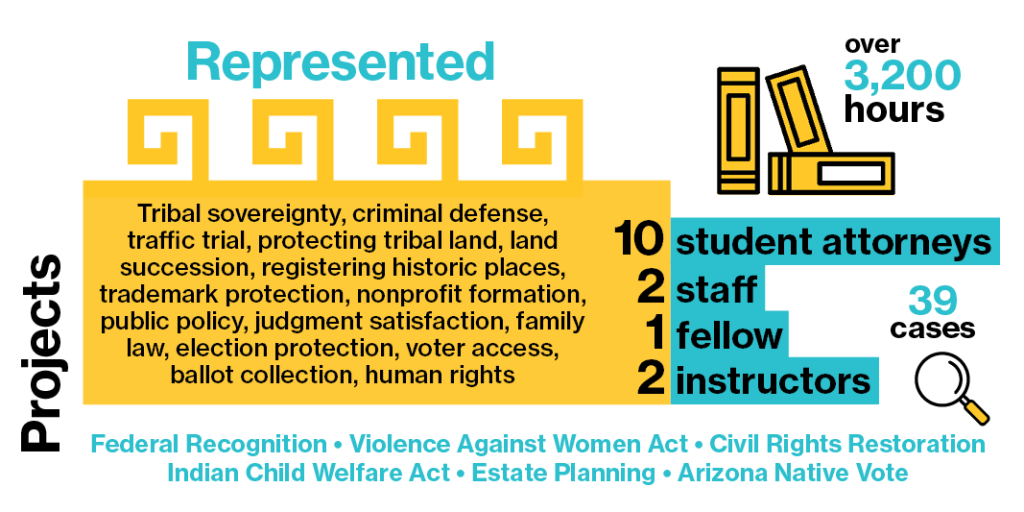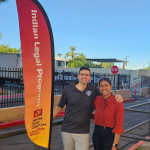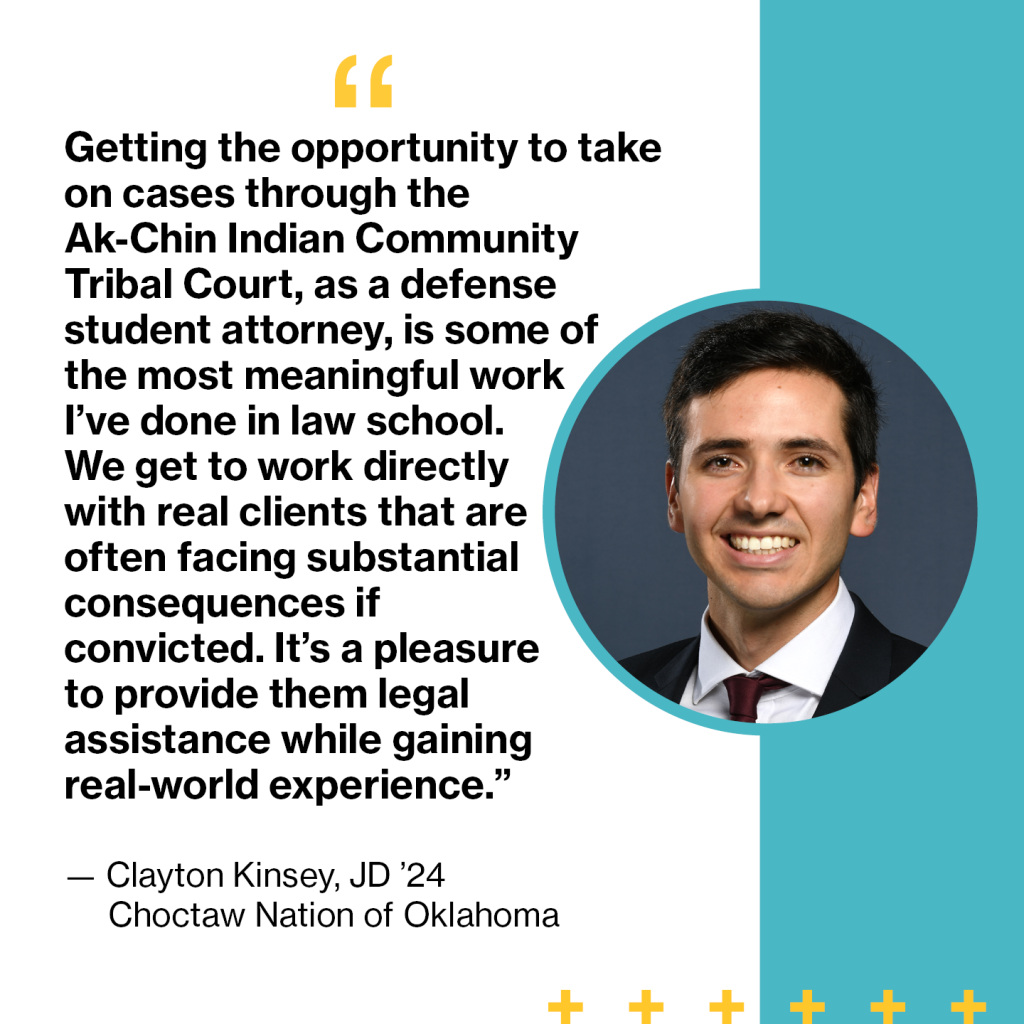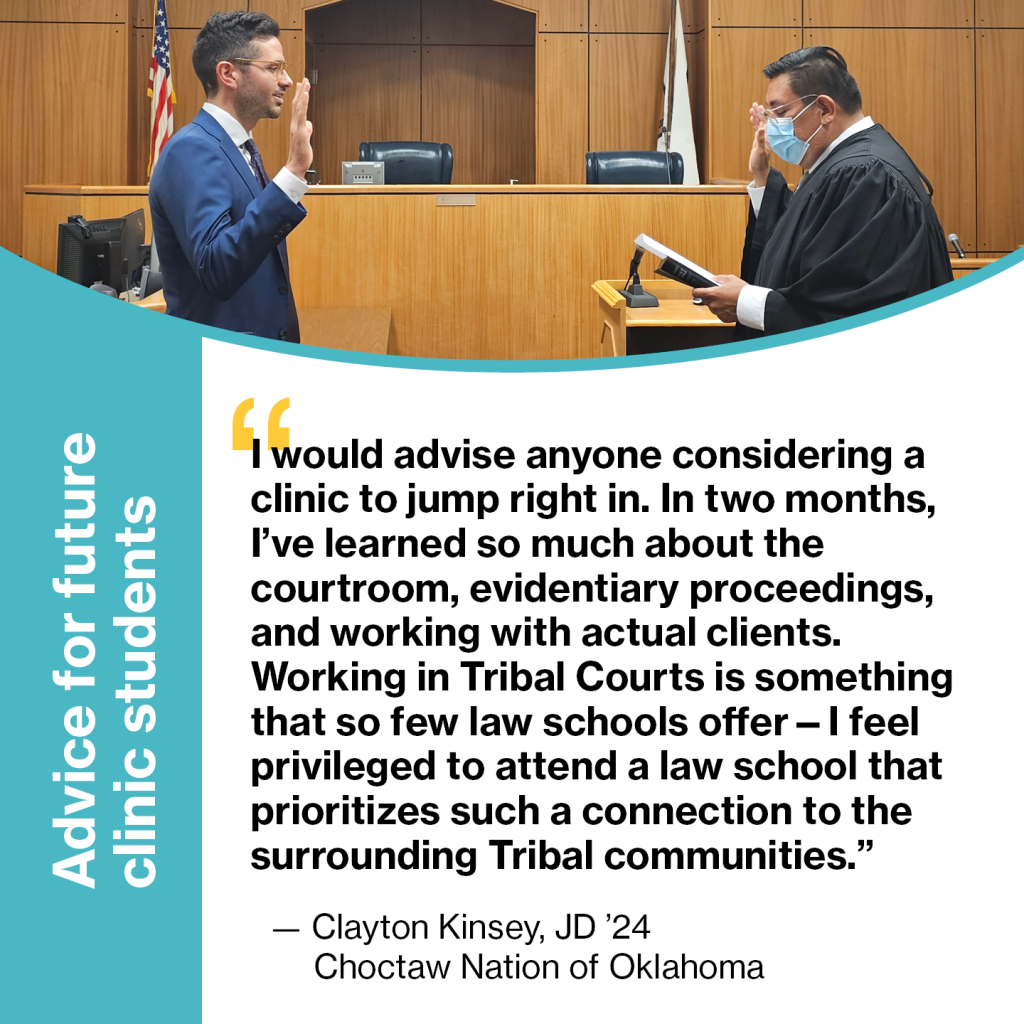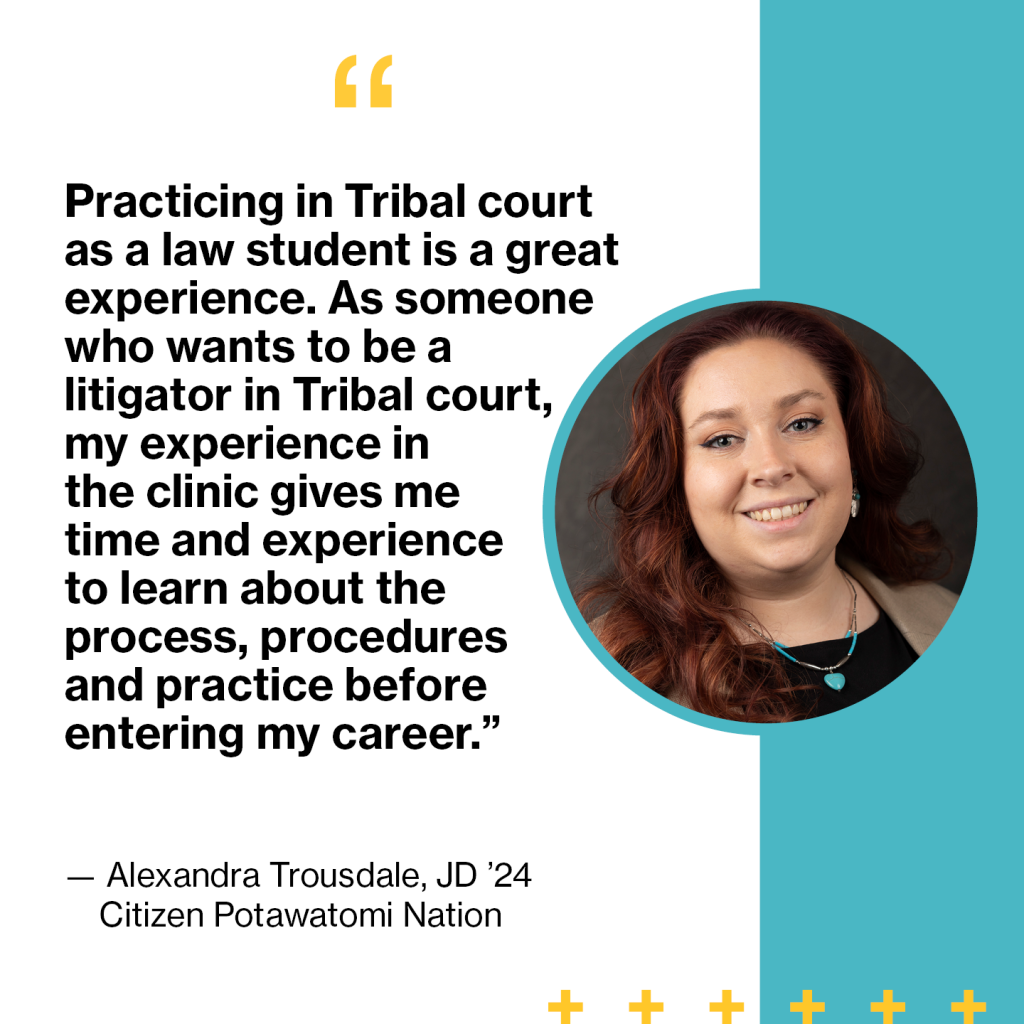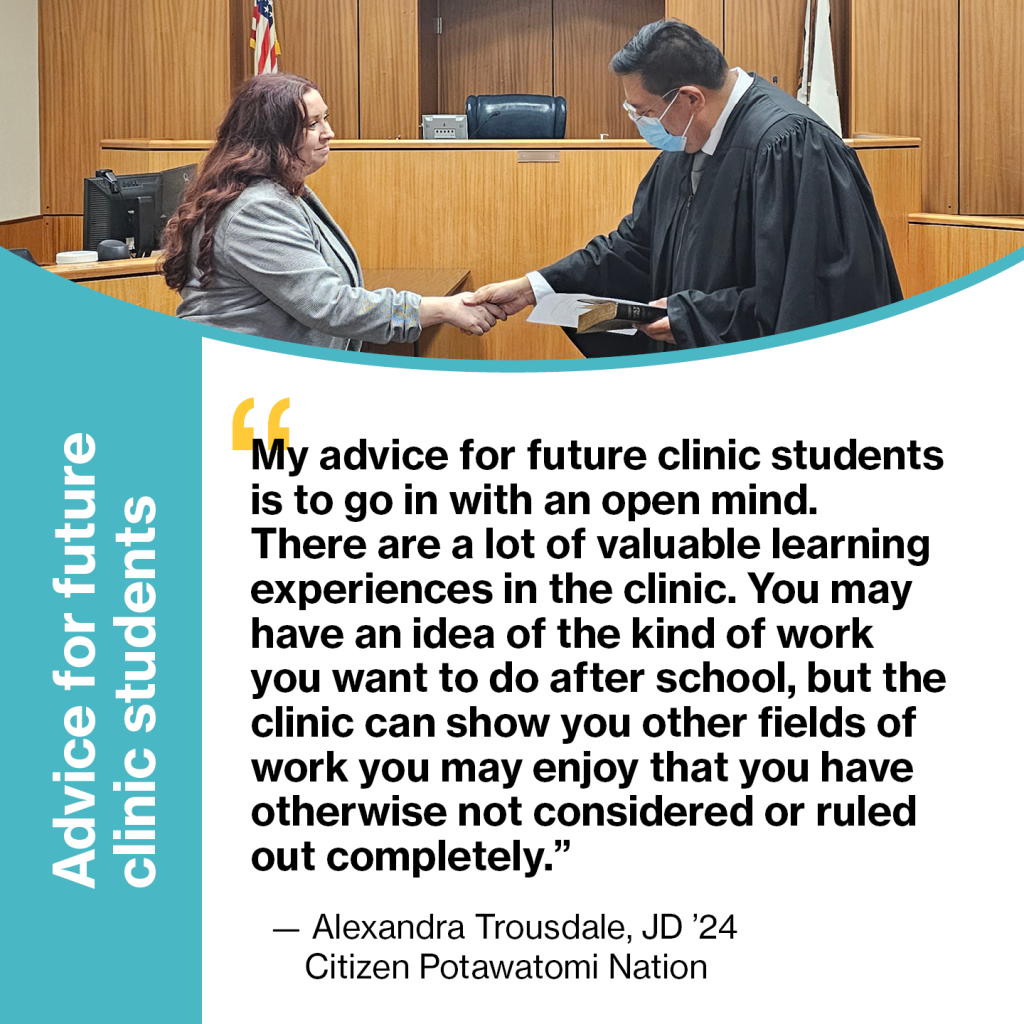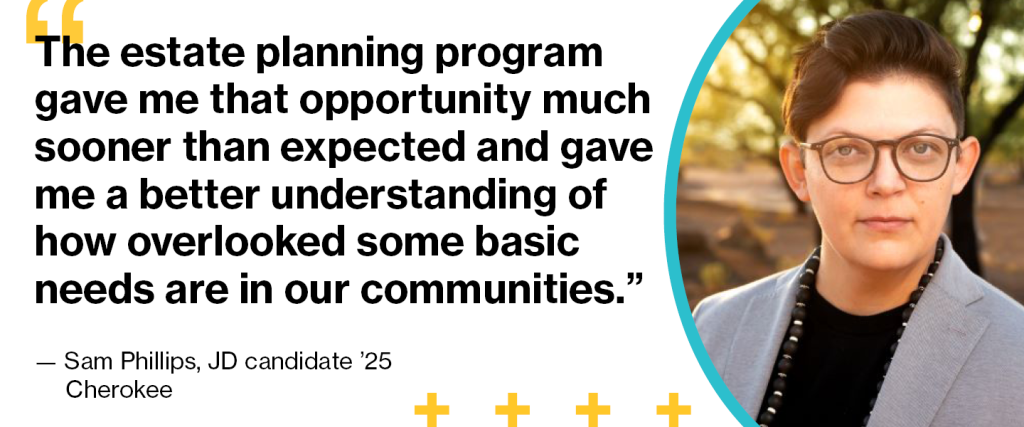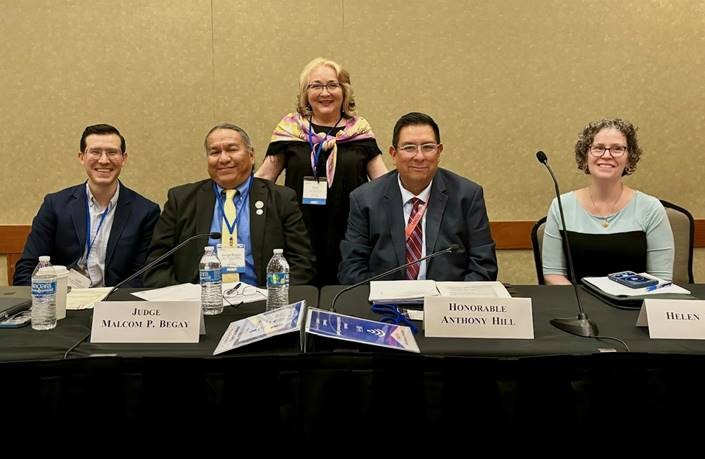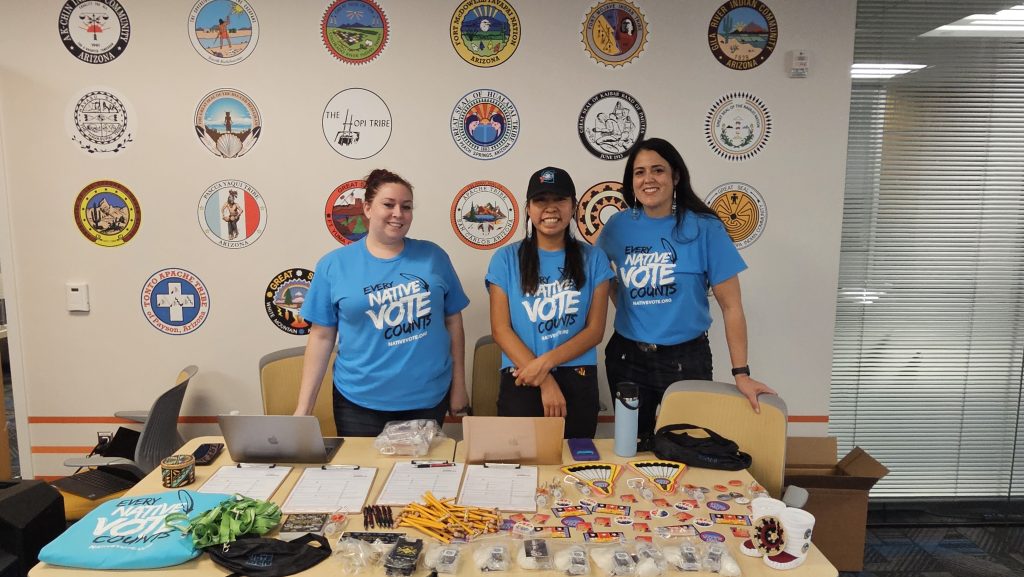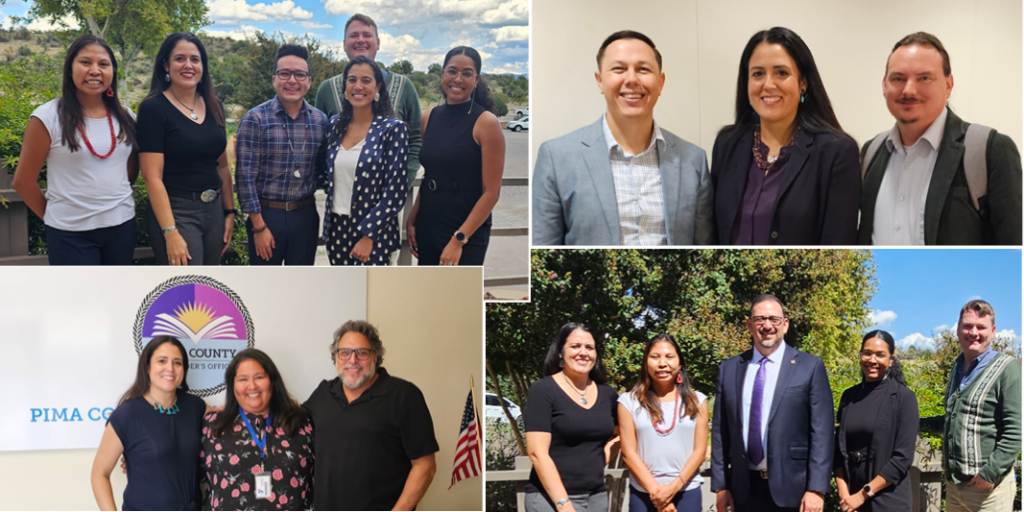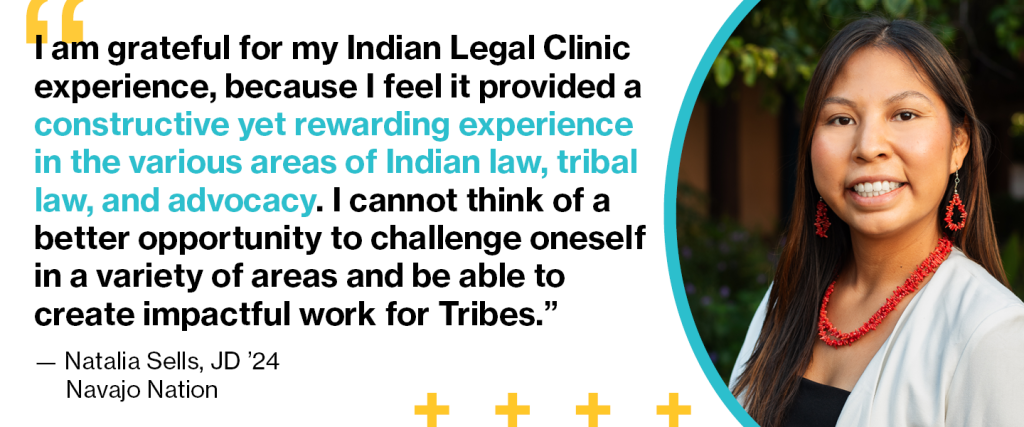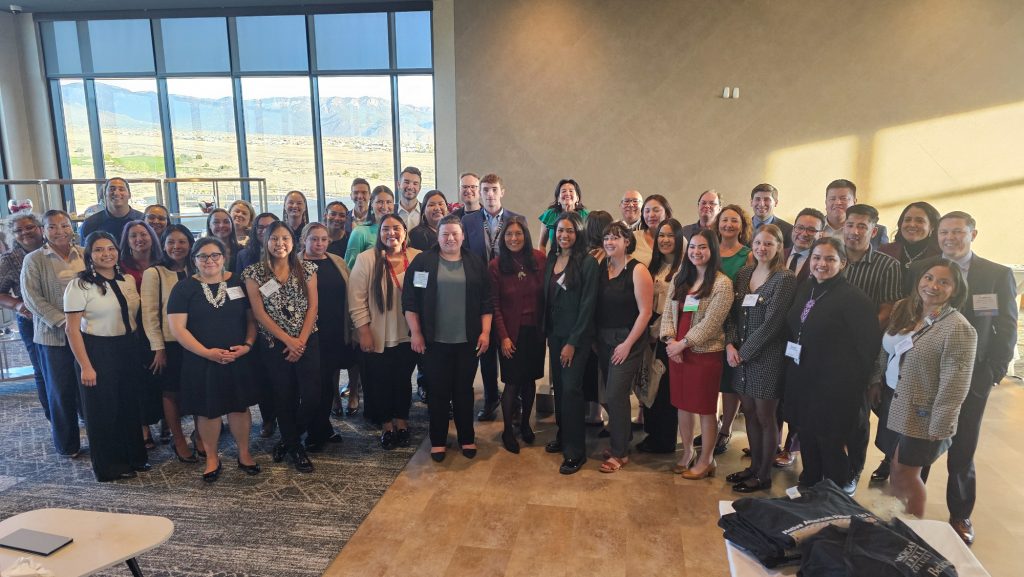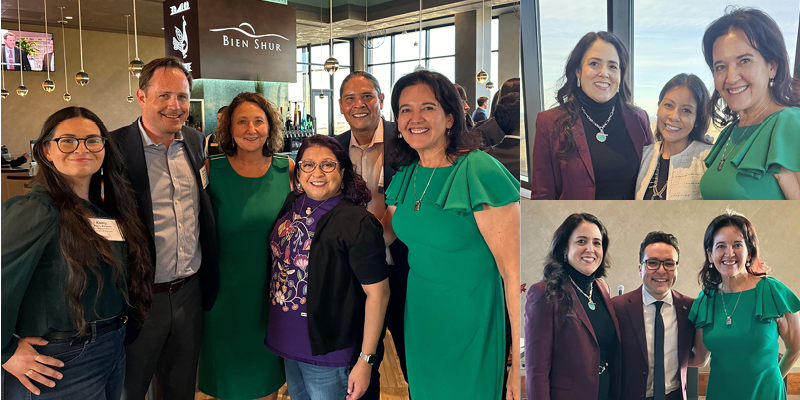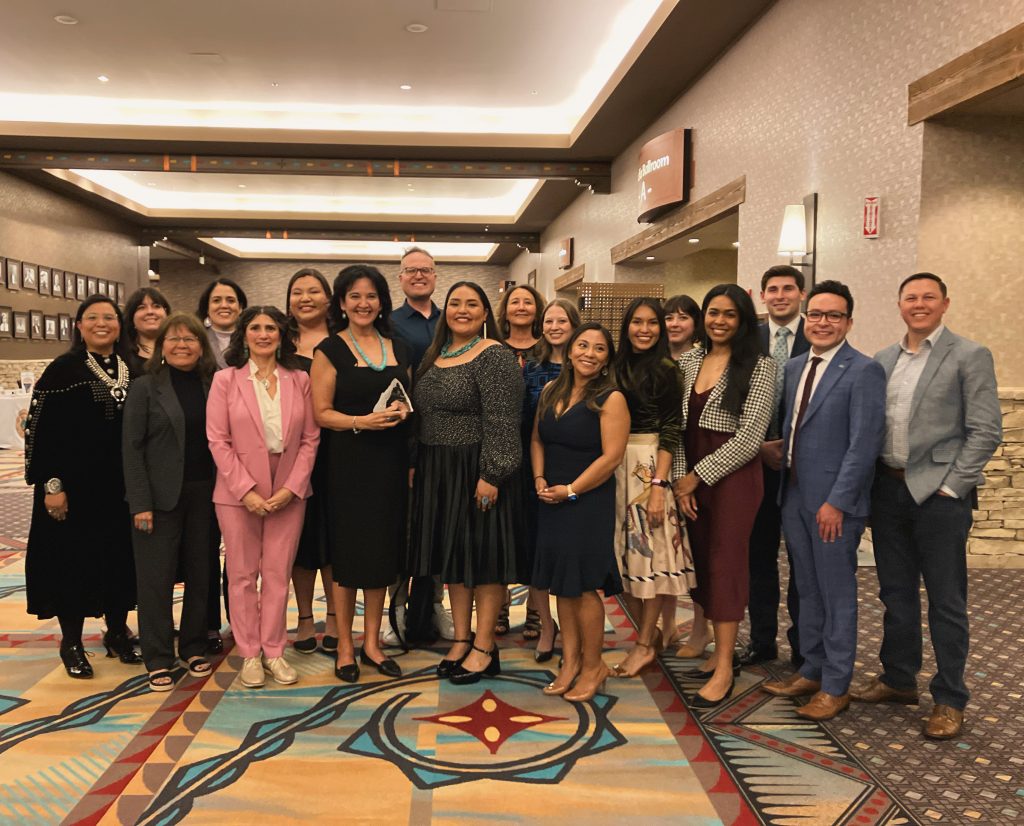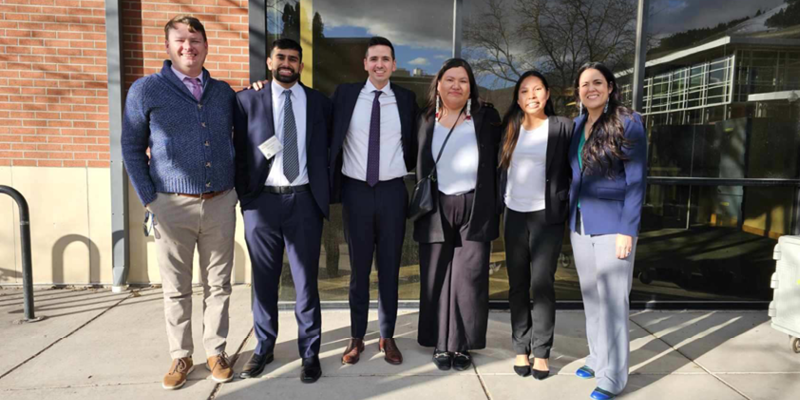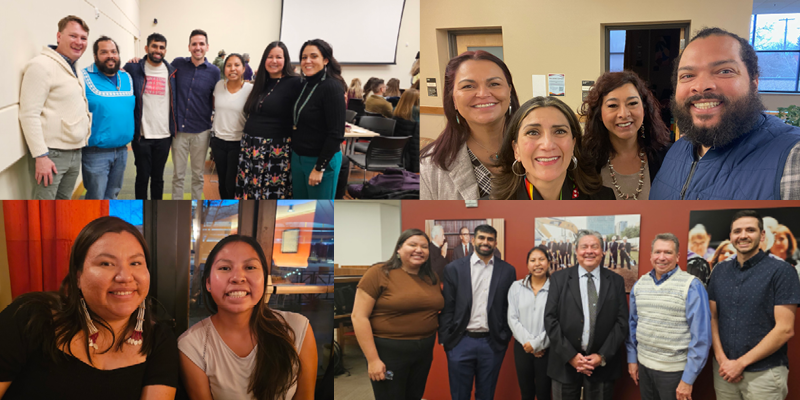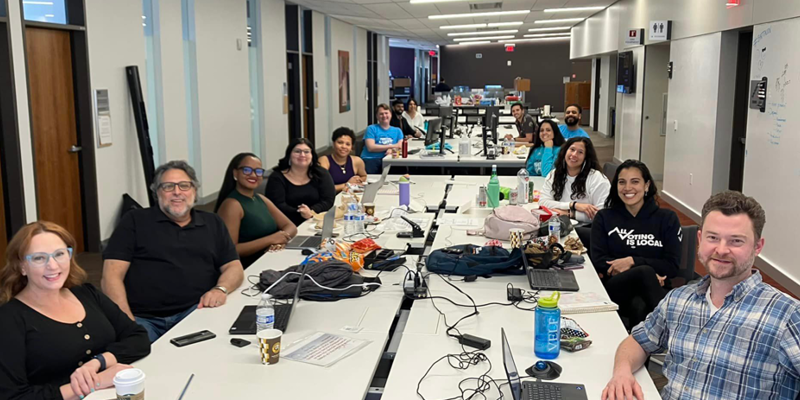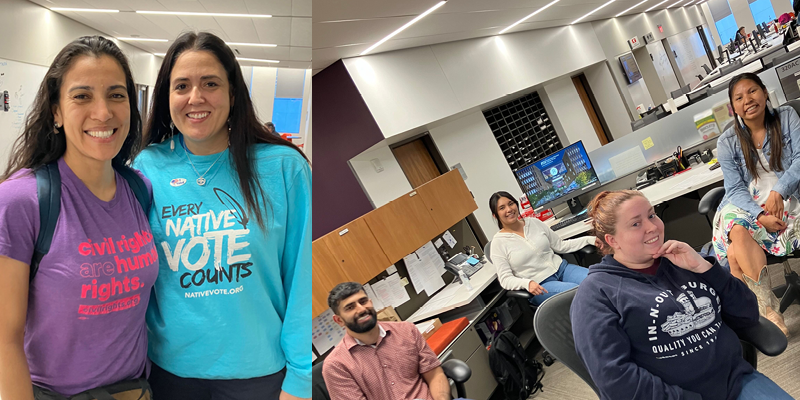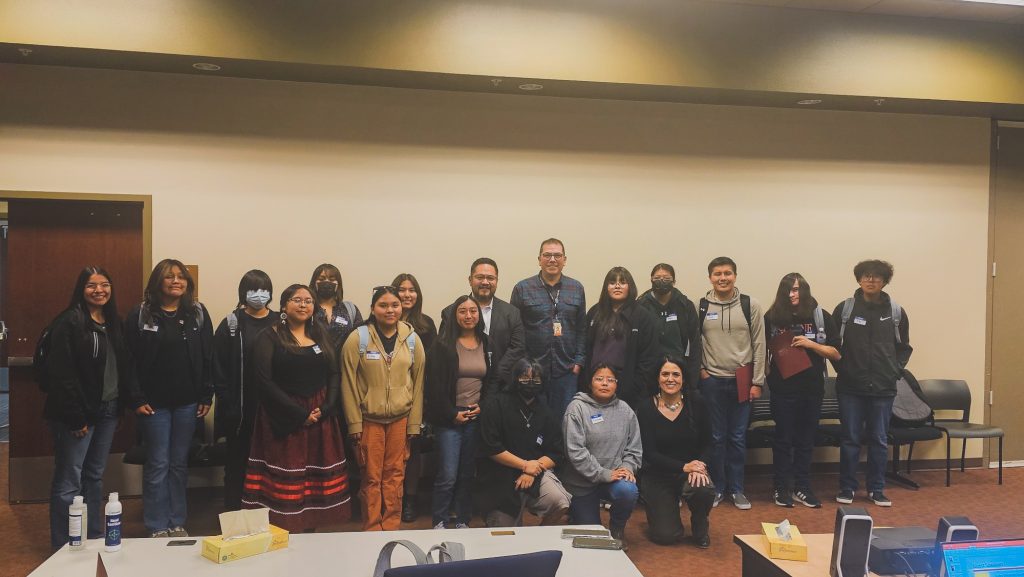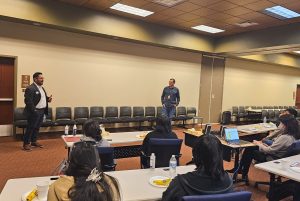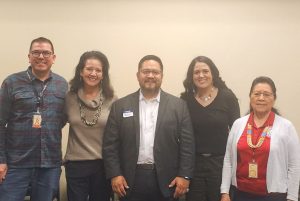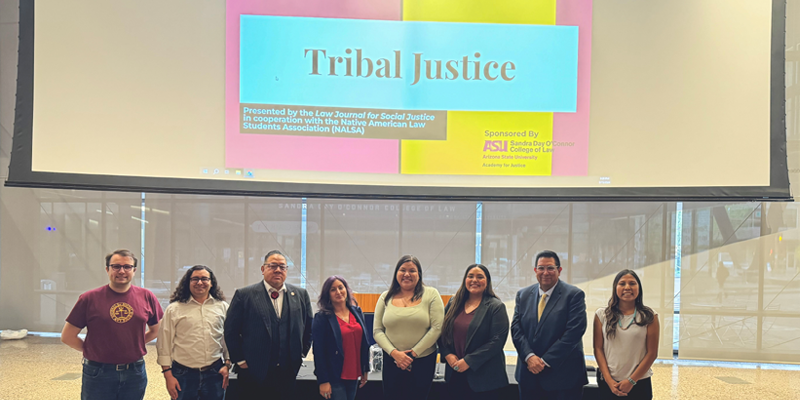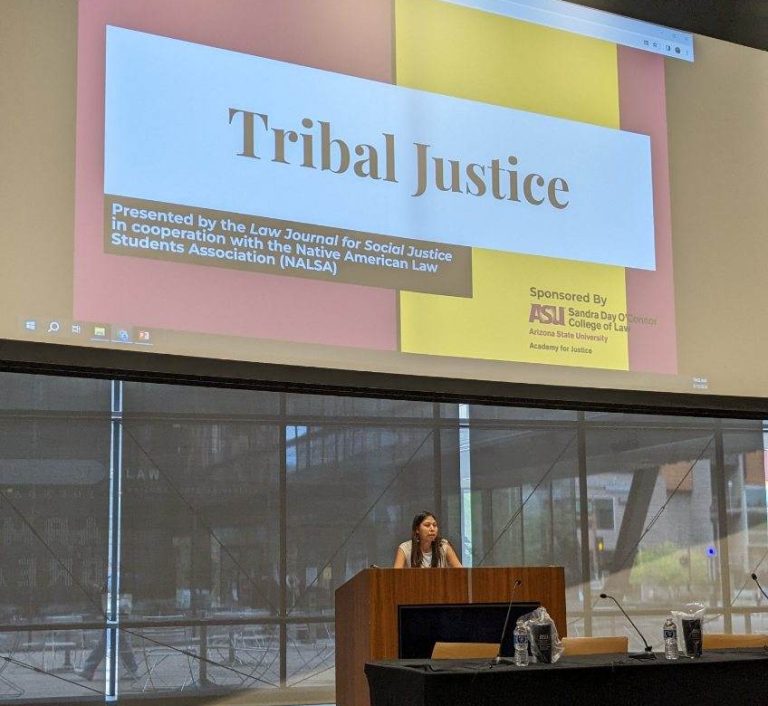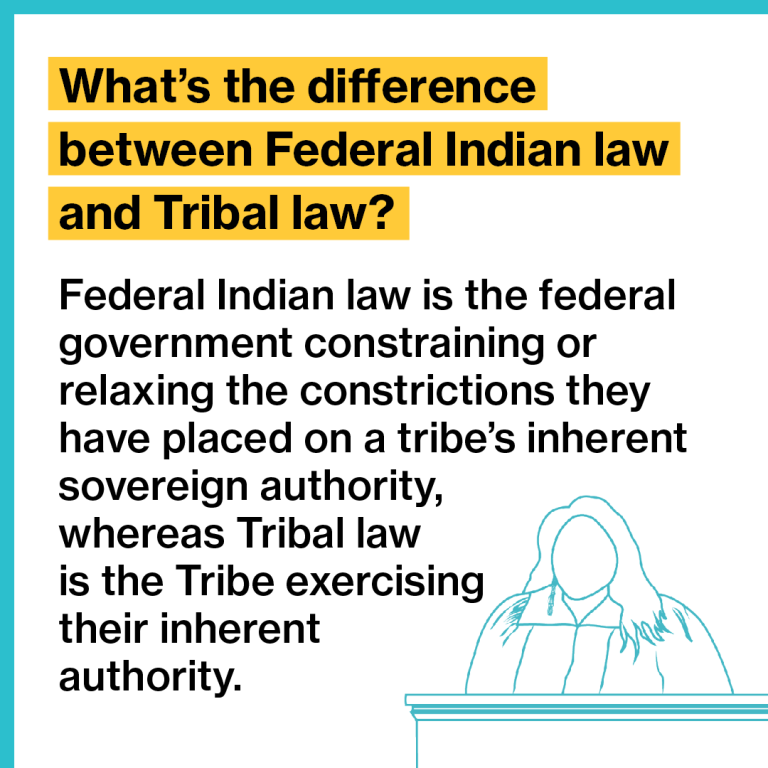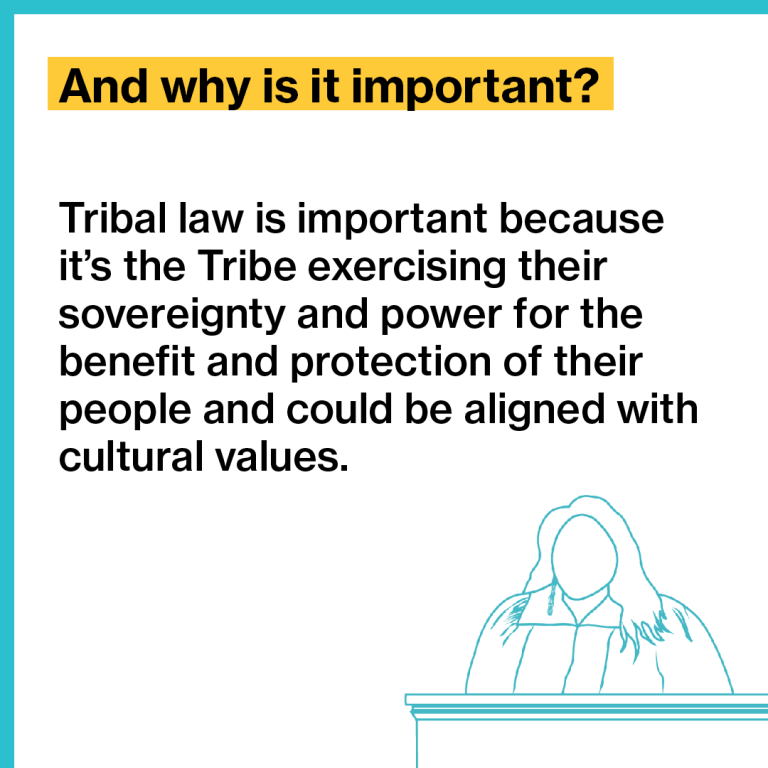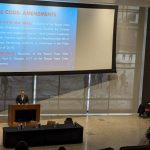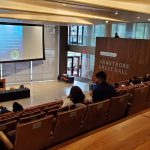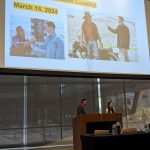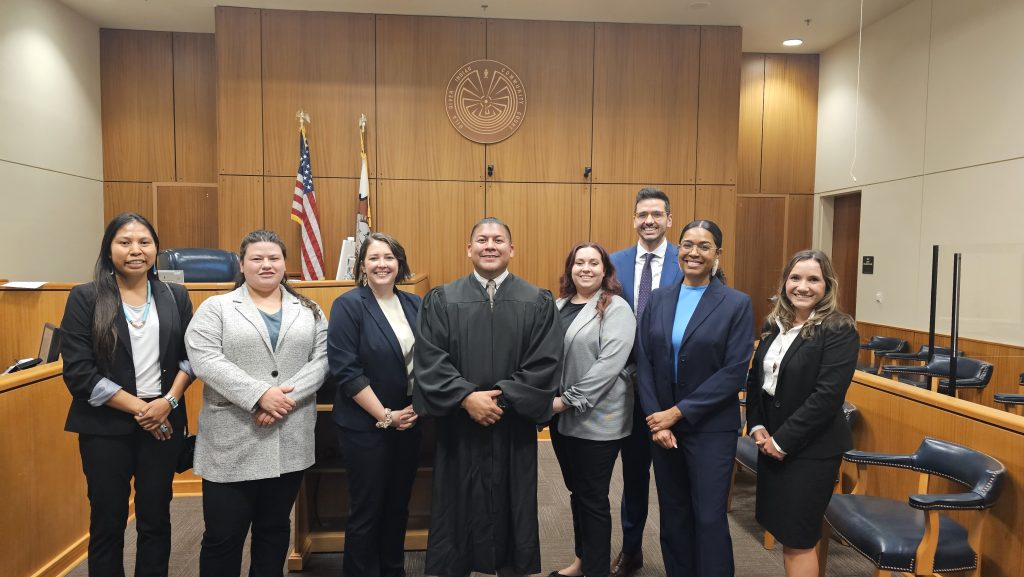
During the 2023-2024 academic year, 10 student attorneys worked nearly 3,300 hours for the Indian Legal Clinic led by Patty Ferguson-Bohnee, ILC Director and the Charles M. Brewer Professor of Trial Advocacy at ASU Law. Student attorneys collectively handled 39 cases covering a variety of areas of tribal, state and federal law. The ILC worked with clients to support voting rights, advocate for guardianships, defend against criminal charges, restore civil rights, assist with federal recognition, among other issues.
In addition to casework, ILC students develop practical analytical and trial advocacy skills through numerous class simulations. The simulations culminate in a full Tribal court civil mock trial to prepare students to become effective advocates for justice in their future careers.
Notably, the ILC welcomed Joel Edman as Democracy Director for the ILC’s Native Vote Election Protection Project. Also, the ILC welcomed Jordan Garcia (‘23) as the new ILC Fellow.
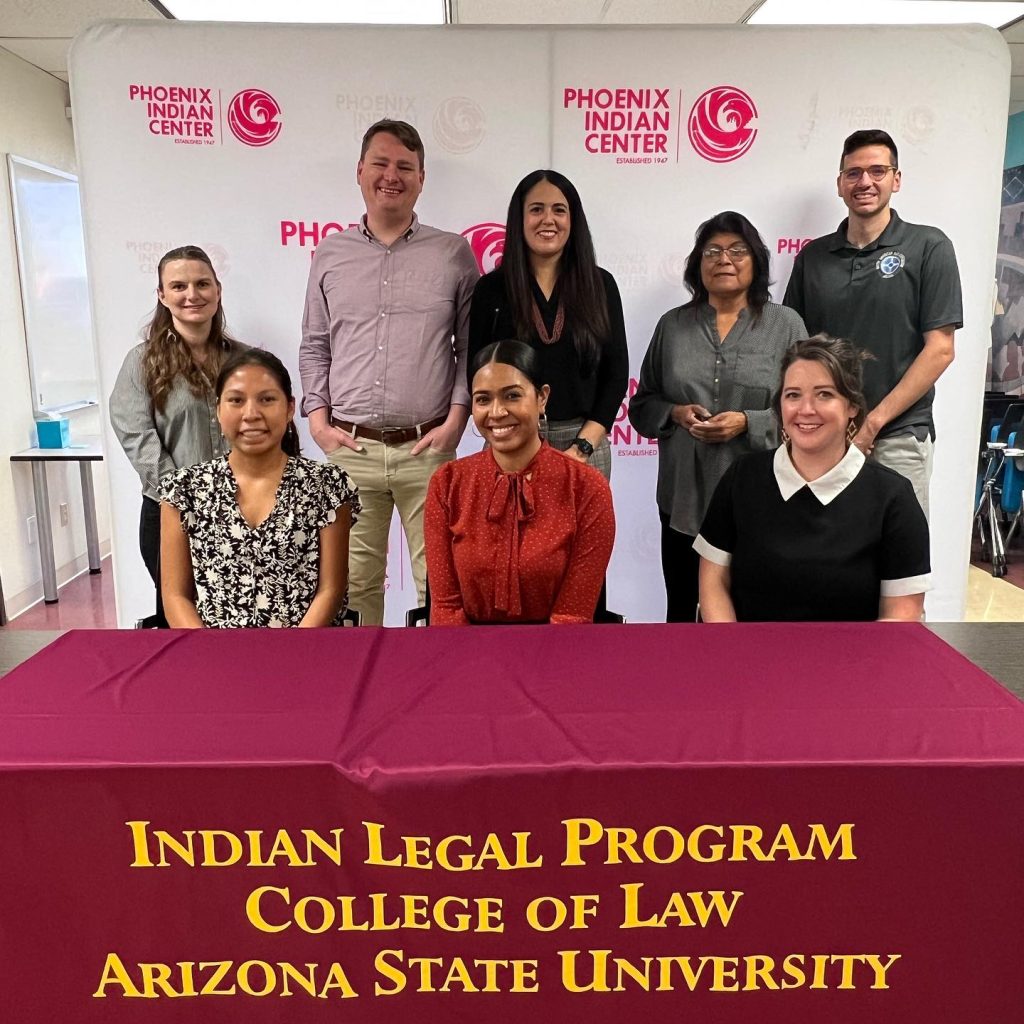
This year, the Indian Legal Clinic began an initiative led by Democracy Director Joel Edman to restore disenfranchised individuals’ civil rights, including the right to vote. In Fall 2023, ILC partnered with the Phoenix Indian Center and the Hopi Tribe to host Rights Restoration Workshops to offer free legal assistance with restoring civil rights after a felony conviction. In November, Student attorneys Maryam Gary Nez (’24), Clayton Kinsey (’24) and Natalia Sells (’24) traveled with Director Patty Ferguson-Bohnee and Democracy Director Joel Edman to Kykotsmovi Village, Arizona on the Hopi Reservation to meet with the Hopi Chairman, Timothy Nuvangyaoma, and other tribal members to present information on rights restoration. During the workshops, student attorneys – notably Sophie Staires (’24) – presented information on the rights restoration process for single and multiple felonies, marijuana expungement and the set aside process.
ILC students frequently made appearances in tribal and state courts in fall and spring semesters. Alexandra Trousdale (’24), Maryam Salazar (’24), Clayton Kinsey (‘24), Natalia Sells (’24), Keely Driscoll (3L), Chelsi Tsosie (’24), Samir Grover (’24) all defended clients in Ak-Chin Indian Community Tribal Court. Staires nearly appeared in Traffic Court on behalf of the Gila River Indian Community, however, she supported prosecutorial discretion. Trousdale also had success restoring several clients’ civil rights and obtaining guardianship for a client in Arizona courts.
In February 2024, Grover and Kinsey traveled with Professor Ferguson-Bohnee to Louisiana to meet and update clients on their cases in-person.
